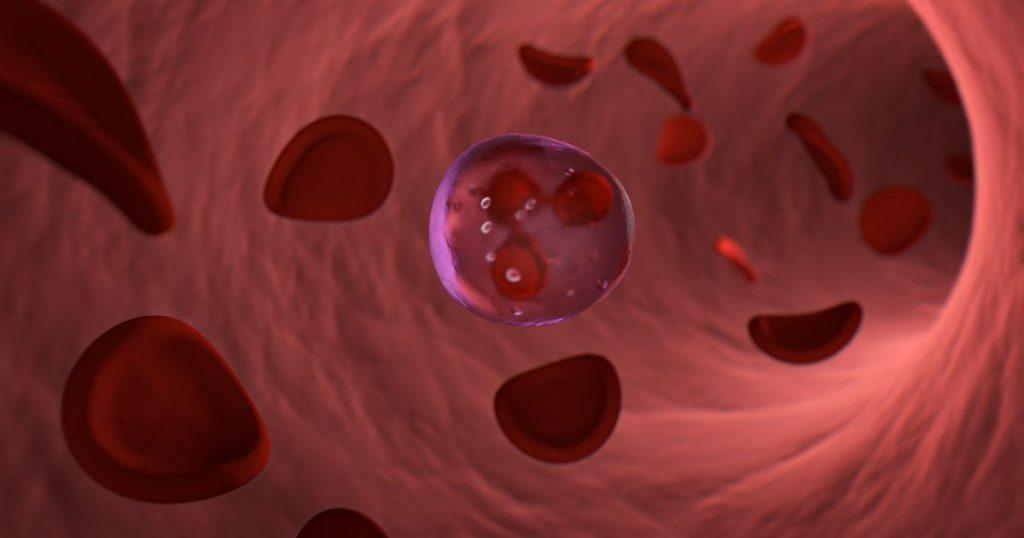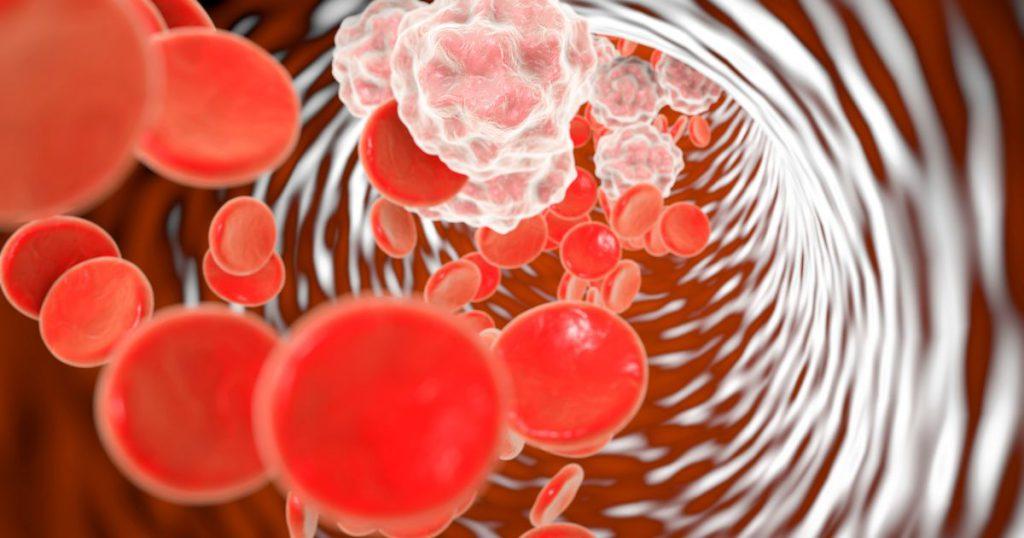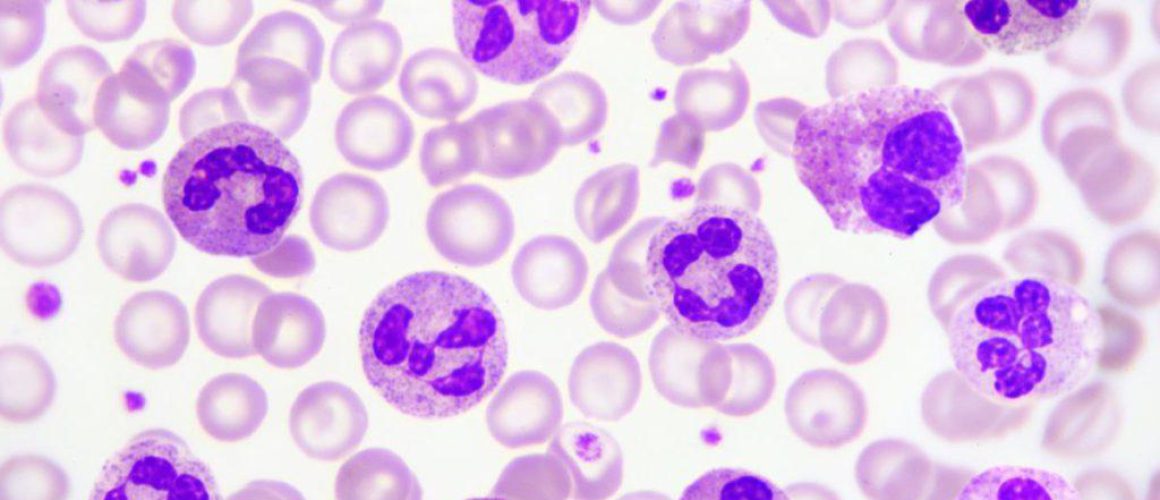Neutrophils and their role in infection
Table of Contents
Key Summary Table: Neutrophils
| Property | Description |
|---|---|
| Type of Cell | White Blood Cell |
| Part of | Innate Immune System |
| Function | Defend against infections |
| Produced in | Bone Marrow |
| Lifespan | Few hours to few days |
| Key Roles | Phagocytosis, Release of antimicrobial substances, Formation of Neutrophil Extracellular Traps (NETs) |
Neutrophils, our body’s microscopic warriors, play a pivotal role in infection control. This article unravels their fascinating functions, from frontline defense to bacterial warfare. Stay tuned to discover the intriguing world of these cellular superheroes!
Introduction
As a student deeply immersed in the field of medical technology, I find the intricate workings of our immune system, particularly the role of neutrophils in fighting infections, to be a captivating subject. Neutrophils, the most abundant type of white blood cells in our body, are the first line of defense when it comes to warding off infections. They are the unsung warriors, always ready to protect us from harmful invaders.
The immune system is not a single entity. We must think of it as a militia that’s ready to defend the body from invaders. Among this militia, neutrophils are the foot soldiers, always ready for battle.
In this article, we will delve into the fascinating world of neutrophils, their functions, and their crucial role in combating infections. We will also explore the field of hematology and how it helps us understand these microscopic soldiers better. So, let’s embark on this journey of discovery and learn about the wonders of our immune system.

What are Neutrophils?
Before we delve deeper, it’s essential to understand what neutrophils are and why they are a crucial component of our immune system. Neutrophils are a type of white blood cell, which are the body’s primary defense against infections. They are part of the innate immune system, which means they respond quickly and broadly to threats, without the need for previous exposure.
Neutrophils are produced in the bone marrow and circulate in the bloodstream, ready to rush to the site of an infection when needed. They are short-lived cells, with a lifespan of only a few hours to a few days, but they are produced in large numbers and are always ready to defend the body. Understanding neutrophils is key to understanding how our body fights off infections.
| Term | Definition |
|---|---|
| Neutrophils | A type of white blood cell that forms an essential part of the immune system |
| Phagocytes | Cells that protect the body by ingesting harmful foreign particles, bacteria, and dead or dying cells |
The Three Key Functions of Neutrophils
What are the three functions of neutrophils? Let’s explore these vital roles that make neutrophils indispensable to our immune response. Firstly, neutrophils are phagocytes, meaning they can engulf and destroy bacteria and other foreign substances. This process, known as phagocytosis, is a crucial part of the body’s defense against infections.
Secondly, neutrophils can release enzymes and other substances that kill or inhibit the growth of bacteria and fungi. These substances can also signal other immune cells to come to the site of infection. Lastly, neutrophils can form neutrophil extracellular traps (NETs), which are networks of fibers that trap and kill microbes. These three functions make neutrophils a formidable force in our body’s defense against infections.
| Function | Description |
|---|---|
| Phagocytosis | Engulfing and destroying bacteria and other foreign substances |
| Release of antimicrobial substances | Releasing enzymes and other substances that kill or inhibit the growth of bacteria and fungi |
| Formation of Neutrophil Extracellular Traps (NETs) | Forming networks of fibers that trap and kill microbes |

Neutrophils in Action: The Fight Against Bacterial Infection
Neutrophils are frontline soldiers in our body’s battle against bacterial infections. But what exactly is their role in this fight? When a bacterial infection occurs, neutrophils are among the first immune cells to respond. They migrate to the site of infection, where they engulf and destroy the bacteria through phagocytosis.
In addition to directly killing bacteria, neutrophils also play a role in coordinating the immune response. They release substances that attract other immune cells to the site of infection and activate these cells to fight the infection. Through these actions, neutrophils play a crucial role in the body’s defense against bacterial infections.
| Action | Role |
|---|---|
| Migration | Neutrophils move to the site of infection |
| Phagocytosis | Neutrophils engulf and destroy bacteria |
| Coordination | Neutrophils release substances that attract other immune cells and activate them |
How Neutrophils Protect the Body from Infection
Beyond their role in combating bacterial infections, neutrophils have a broader protective function in our body. Let’s delve into how they shield us from various infections. Neutrophils are not only effective against bacteria, but they can also defend against other types of microbes, such as fungi and viruses.
Furthermore, neutrophils play a role in inflammation, a process that helps to isolate and control infections but can also contribute to tissue damage if not properly regulated. By releasing substances that promote or dampen inflammation, neutrophils help to balance the need to fight infections with the need to protect tissues from damage.
| Protection Method | Description |
|---|---|
| Defense against microbes | Neutrophils are effective against bacteria, fungi, and viruses |
| Role in inflammation | Neutrophils release substances that promote or dampen inflammation, balancing the need to fight infections with the need to protect tissues from damage |

The Hematology of Neutrophils
In the field of hematology, neutrophils hold a significant place. Let’s explore why. Hematology is the study of blood and the disorders related to it. As the most abundant white blood cells, neutrophils are a key focus of hematological studies.
Abnormalities in neutrophil number or function can lead to various disorders, ranging from frequent infections in the case of neutropenia (low neutrophil count) to inflammatory diseases in the case of excessive or inappropriate neutrophil activation. Understanding the hematology of neutrophils is thus crucial for diagnosing and treating these disorders.
In the grand scheme of the immune system, neutrophils may seem like small players. But when it comes to the frontline defense against infection, they are the champions.
Conclusion
Understanding the role of neutrophils in infection is not just about appreciating the complexity of our immune system, but also about realizing the potential of medical technology in enhancing healthcare. As we continue to unravel the mysteries of neutrophils and other immune cells, we open up new possibilities for preventing and treating infections.
By sharing this knowledge, we can empower individuals to better understand their health and make informed decisions about their healthcare. So, the next time you hear about neutrophils, remember their crucial role in protecting us from infections and appreciate the wonders of our immune system.
Disclaimer: This article is intended for informational purposes only. It is not a substitute for professional medical advice, diagnosis, or treatment. Always seek the advice of your physician or other qualified health provider with any questions you may have regarding a medical condition.
If you find the captivating world of hematology as intriguing as I do, continue exploring this fascinating field. Visit my Hematology index page or the Hematology category for more in-depth articles and insights.
Other posts of interest: Monocytes and macrophages and Blood components and their functions
Frequently Asked Questions
What are neutrophils?
Neutrophils are a type of white blood cell and are the most abundant type in our body. They are part of the innate immune system, which means they respond quickly and broadly to threats, without the need for previous exposure. They are produced in the bone marrow and circulate in the bloodstream, ready to rush to the site of an infection when needed.
What are the three key functions of neutrophils?
Neutrophils serve three main functions in our immune system. Firstly, they are phagocytes, meaning they can engulf and destroy bacteria and other foreign substances. Secondly, they can release enzymes and other substances that kill or inhibit the growth of bacteria and fungi. Lastly, they can form neutrophil extracellular traps (NETs), which are networks of fibers that trap and kill microbes.
How do neutrophils fight against bacterial infections?
When a bacterial infection occurs, neutrophils are among the first immune cells to respond. They migrate to the site of infection, where they engulf and destroy the bacteria through phagocytosis. In addition to directly killing bacteria, neutrophils also play a role in coordinating the immune response by releasing substances that attract other immune cells to the site of infection and activate these cells to fight the infection.
How do neutrophils protect the body from various infections?
Beyond their role in combating bacterial infections, neutrophils have a broader protective function in our body. They are effective against other types of microbes, such as fungi and viruses. Furthermore, neutrophils play a role in inflammation, a process that helps to isolate and control infections but can also contribute to tissue damage if not properly regulated.
Why are neutrophils significant in the field of hematology?
In the field of hematology, which is the study of blood and the disorders related to it, neutrophils hold a significant place. Abnormalities in neutrophil number or function can lead to various disorders, ranging from frequent infections in the case of neutropenia (low neutrophil count) to inflammatory diseases in the case of excessive or inappropriate neutrophil activation. Understanding the hematology of neutrophils is thus crucial for diagnosing and treating these disorders.
Further reading
The Role of Neutrophils in the Immune System: An Overview
Sean Schepers is a third-year Medical Technology student at Mahidol University with a passion for all things health and medicine. His journey into the world of medicine has led him to explore various fields. Sean's blog posts offer a unique perspective, combining his academic insights with personal experiences. When he's not studying or blogging, Sean enjoys keeping up with politics and planning his future career in medicine.
In addition to his studies, Sean serves as the chairman of the Rights, Liberties, and Welfare Committee, a role that reflects his commitment to advocacy and social justice. Beyond his academic pursuits, Sean offers tutoring services in English and Biology, further demonstrating his dedication to education and mentorship. His journey is one of continuous discovery, and he invites others to join him as he explores the dynamic and transformative world of medical technology.


